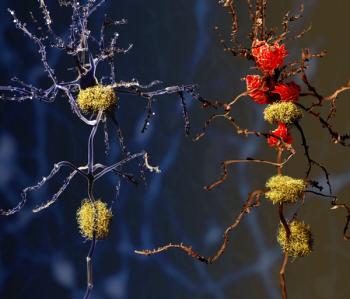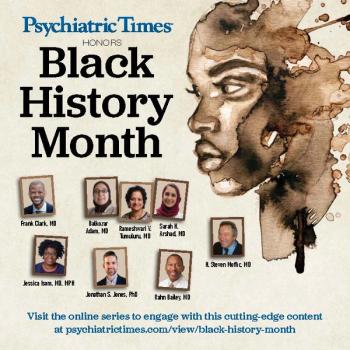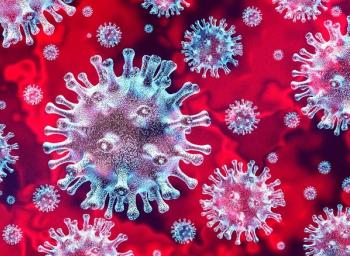
Every phase of the COVID-19 pandemic brings new ethical challenges.

Every phase of the COVID-19 pandemic brings new ethical challenges.

During the pandemic, Albert Camus’ existential novels have become newly popular—and with good reason.

The story of depression, through time and around the world.

Providing quality mental health care in all treatment settings requires one crucial element: teamwork.

Why superheroes would make the best psychiatrists?

A case for why psychiatrists should discuss the COVID vaccines with their patients.

An interview with Kenneth S. Kendler, MD, vice-chair of the American Psychiatric Association DSM Steering Committee, author of more than 1200 articles, and one of the highest-cited researchers in psychiatry.

What are best practices for difficult conversations about racism? How can psychiatrists help? The authors present 6 ways to advance discussions about racism in psychiatry.

The authors explore the impact of structural racism on psychiatry trainees and the patients they care for (and what can be done about it).

A psychoanalyst shares her experience working with patients whose lives are marked by poverty, migration, and race and gender discrimination.

The shortage of mental health care providers is a crisis, but psychiatrists have a potentially powerful ally.

If we had 1 extra minute with our patients, what question would we ask?

Unable to spend adequate time with patients, residents are not learning to function as doctors, but merely as technicians for the human body.

Over the last 9 months, we have seen heroism, innovation, and precise science, performed under unbelievable pressure. The result is no short of miraculous.

During the month of February, we will publish important stories commemorating Black History Month.

Superheroes are already saving the world, but some of them would make good clinicians too.

Patients and care providers often call themselves lazy. But what are the clinical consequences and cultural meanings of this term?

Although existential and religious issues may be distinguished in clinical care, the human condition’s complexity and the Dark Night of the Soul cannot.
![Hugh Welch Diamond, “Plate 27 [Seated Woman with a Bird],” (ca. 1855) Digital image courtesy of the Getty's Open Content Program.](https://cdn.sanity.io/images/0vv8moc6/psychtimes/126bd46f3e13c49c89cb8a3fd84d5ae21e7d7172-514x722.jpg?w=350&fit=crop&auto=format)
If a picture is worth a thousand words, how many diagnoses can it make? The photographer and psychiatrist Hugh Welch Diamond, MD, shares insights into the humanity and stigma of mental illness in Victorian England.

What role does denial play in the collective American psyche?

When we finally open a trap door to explain or further understand a hypothesis, the answer often includes a house full of hallways.

The scientific method has delivered vaccines and other life-saving medicine, but not everybody trusts it.

Is there a way to find balance in discussing the chemical imbalance theory of depression?

How can the best insights of mainstream and critical psychiatry be brought together?

There is much to look forward to in the realm of improved treatments for patients with psychiatric illness.